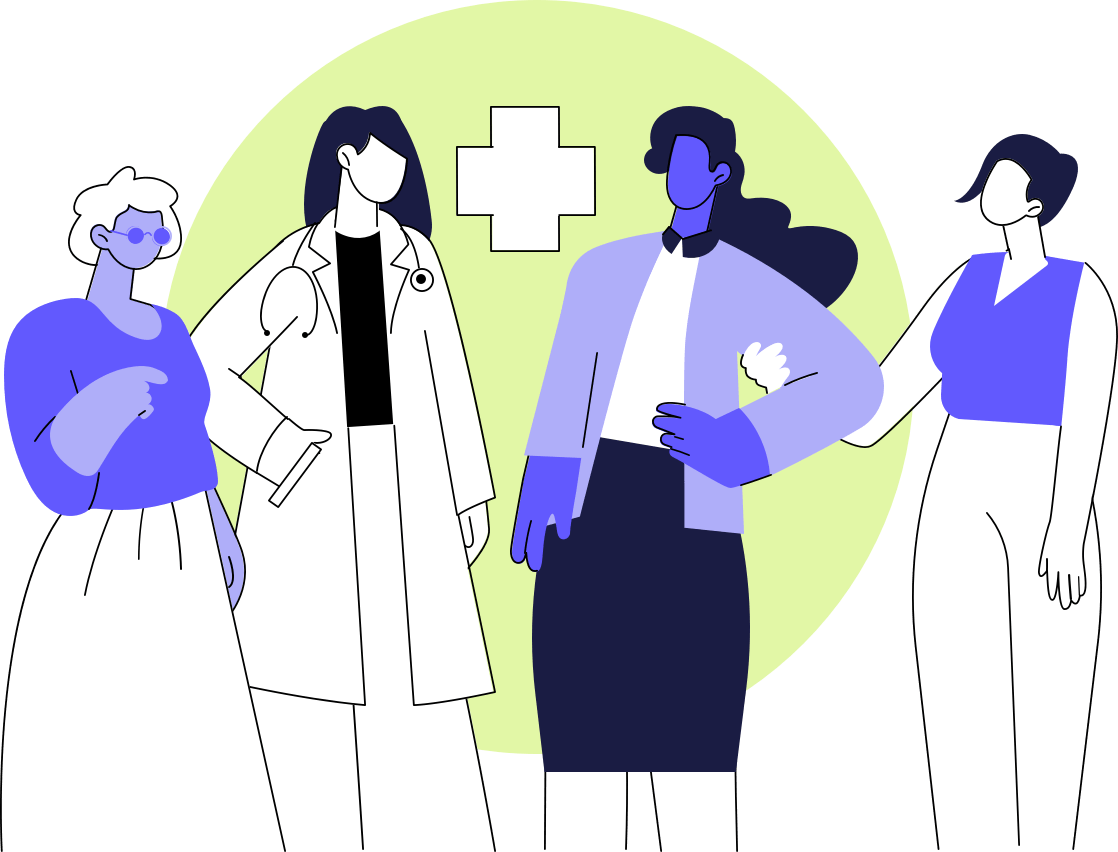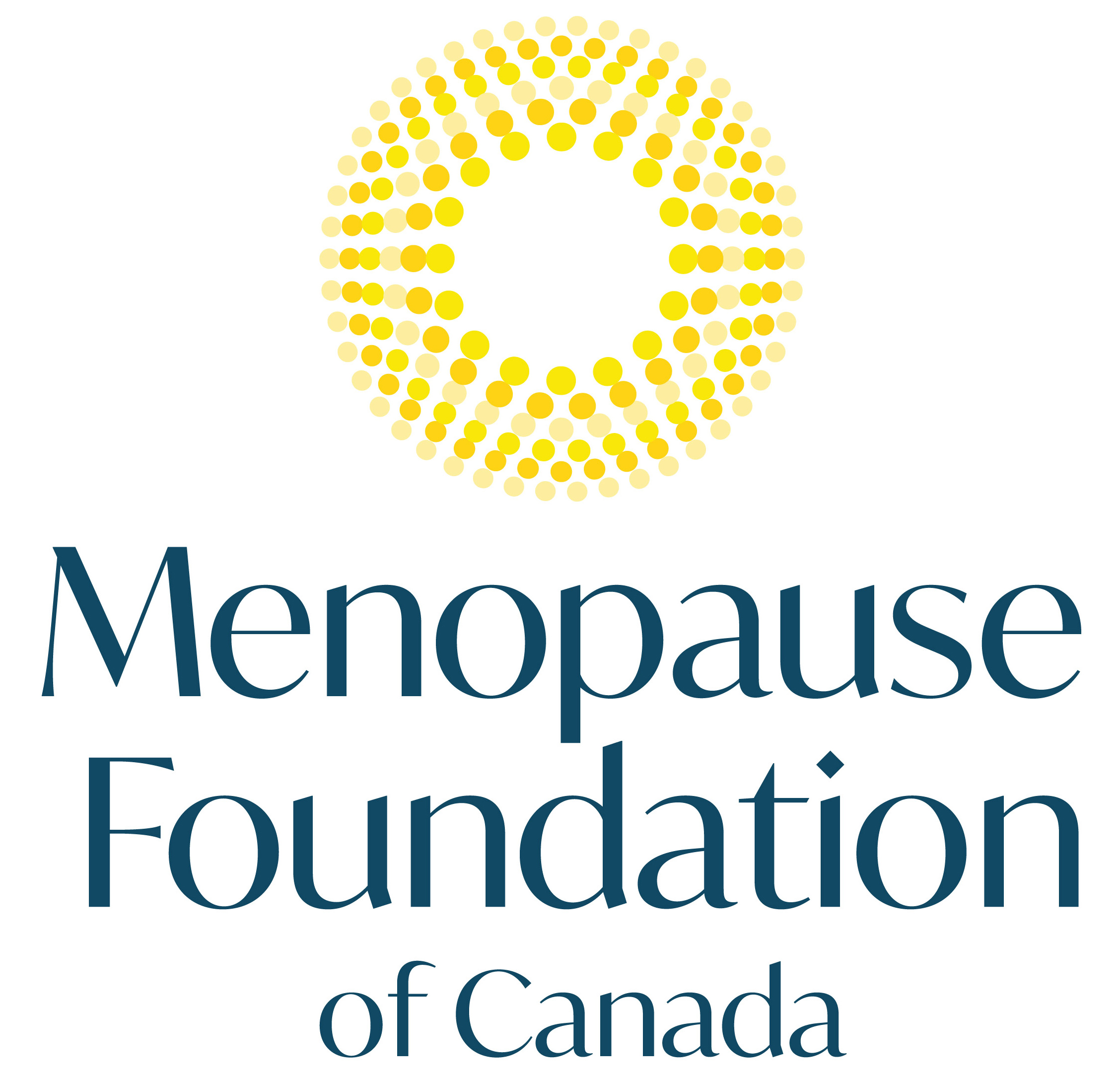
As we approach the end of the year, many of us feel a natural shift — a slowing down, a softening, a desire to look back at where we’ve been before stepping into where we’re going. 2025 has been a year of learning, unlearning, healing, and reconnecting. It has shown us what it means to care for ourselves and each other in ways that are real, sustainable, and rooted in community.
At Grassroots Health, this year has reinforced something we’ve always believed: health is not just physical. It’s emotional, cultural, relational, and collective. And the way we move through life is shaped not only by our habits, but by our environments, our histories, and the supports around us.
1. Slowing Down Isn’t a Setback — It’s a Strategy
Many of us entered 2025 carrying exhaustion, grief, or the pressure to “bounce back.”But what this year revealed is that rest is medicine. Slowing down doesn’t mean we’re falling behind — it means we’re finally listening to our bodies.
Whether through morning rituals, shorter workweeks, or intentional downtime, we saw people choosing pace over pressure, and their health responding with more energy, clarity, and balance.

2. Community Care Is Real Health Care
When access, equity, and wellbeing feel uneven, the community steps in.
In 2025, we saw:
• Neighbours supporting neighbours
• People sharing resources
• Families navigating health challenges together
• Communities holding space for grief, joy, and growth
What we witnessed over and over is that healing happens in relationship — not isolation. And that care is not limited to professionals; it comes from community, culture, and connection.

3. Food, Movement, and Wellness Are Cultural
This year reminded us that wellness doesn’t look the same for everyone — and it shouldn’t.
Traditional foods, healing herbs, land-based practices, movement rooted in joy, ceremony, storytelling, and spiritual grounding all played a role in strengthening health across our communities.

4. Mental Health Needs Space, Not Shame
More people than ever spoke openly about burnout, anxiety, depression, grief, and emotional overwhelm.And instead of dismissing these feelings, we learned to honour them.

In 2025 we collectively moved toward:
• Naming what we’re feeling
• Creating rituals for grounding
• Prioritizing nervous system support
• Asking for help sooner
• Choosing compassion over judgement
Mental health is not separate from physical health — it shapes the whole body.
5. Small Changes Add Up More Than Big Resolutions
This year taught us that transformation doesn’t need to be dramatic.It can come from everyday practices that feel simple and doable:
• a walk around the block• a warm meal• staying hydrated• a slow morning stretch• seeking culturally safe health care• setting one boundary• taking one deep breath before reacting
Small steps are the backbone of sustainable wellness.

6. We Are Stronger When We Honour Our Stories
Whether navigating diabetes, chronic stress, hormonal changes, grief, or transitions, 2025 reminded us that our stories matter. When we understand the context of our lives, we understand our health differently.
We show ourselves more compassion. We move at a pace that supports healing. We return to practices that resonate with who we are.
This year affirmed that health is not about perfection — it’s about alignment.
Looking Ahead to 2026
As we enter a new year, we’re holding onto these lessons and moving with intention.
In 2026, Grassroots Health is looking forward to:

• Expanding our community wellness offerings
• Introducing new holistic workshops and seasonal learning
• Continuing trauma-informed, culturally grounded care
• Deepening our connection with you — the community
• Creating tools that support sustainable, everyday wellness
We are grateful for every conversation, every appointment, every message, every shared moment of healing and care.
Thank You for Being Part of 2025
Your presence shapes our work. Your wellness matters to us. Your story is part of this community.
As we close this year and open the door to the next, we move gently, with gratitude and intention — together.
With care,
Grassroots Health- R.M







